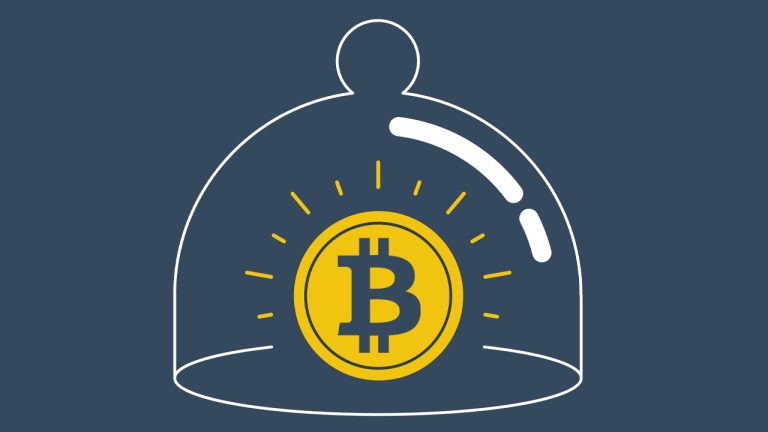
The timing of opening the subsidiary was unfortunate, a spokesperson noted to Bloomberg, although the company held up to the crypto winter for quite a while.
Cryptocurrency financial services company Blockchain.com will suspend operations of its asset management subsidiary, according to a Bloomberg report published March 9. The service had existed less than a year and appears to be the latest casualty of the crypto winter.
The subsidiary, known as Blockchain.com Asset Management, is based in London. It applied to be removed from the U.K. companies register on March 5. The application itself is dated Feb. 15. The company had not yet filed its first annual account.
Blockchain.com Asset Management was opened in April 2022 in partnership with Altis Partners, which was to manage its portfolios using Blockchain.com technology. It promised to offer “regulated crypto investment products for institutional investors, family offices and high net worth individuals.”
scoop: @blockchain has suspended its asset management arm, moving to shut down the unit exactly 11 months after it launched. in that time, the firm cut hundreds of jobs and saw its valuation potentially slashed to a fraction of its former $14bn size
— Emily Nicolle (@emilyjnicolle) March 9, 2023
on Terminal now, web soon pic.twitter.com/PhaKP0a6mk
Blockchain.com, which was founded in 2011, opened the new subsidiary just after a funding round in which it had raised its valuation from $5.2 billion to $14 billion. Standard Custody & Trust Company was named the custody partner for the new subsidiary also in April. A spokesperson told Bloomberg:
“Blockchain.com Asset Management launched in April 2022, shortly before macroeconomic conditions deteriorated rapidly. With crypto winter now approaching the one year mark, we made the business decision to pause operating this institutional product.”
Blockchain.com did not immediately respond to a Cointelegraph enquiry.
Related: Crypto firms cut nearly 3,000 jobs in January despite Bitcoin’s rise
Blockchain.com saw several landmarks during the crypto winter. It received registration in several countries in the course of 2022. It also entered into a custody agreement with Anchorage Bank along with other trading platforms in June, and partnered with Visa to issue a crypto card in the United States in October.
Nonetheless, according to Bloomberg, the company laid off 260 employees in 2023. In February, rumors emerged that it was in talks with other crypto firms about selling some of its assets or subsidiaries. A Blockchain.com spokesperson denied those rumors to Cointelegraph.













